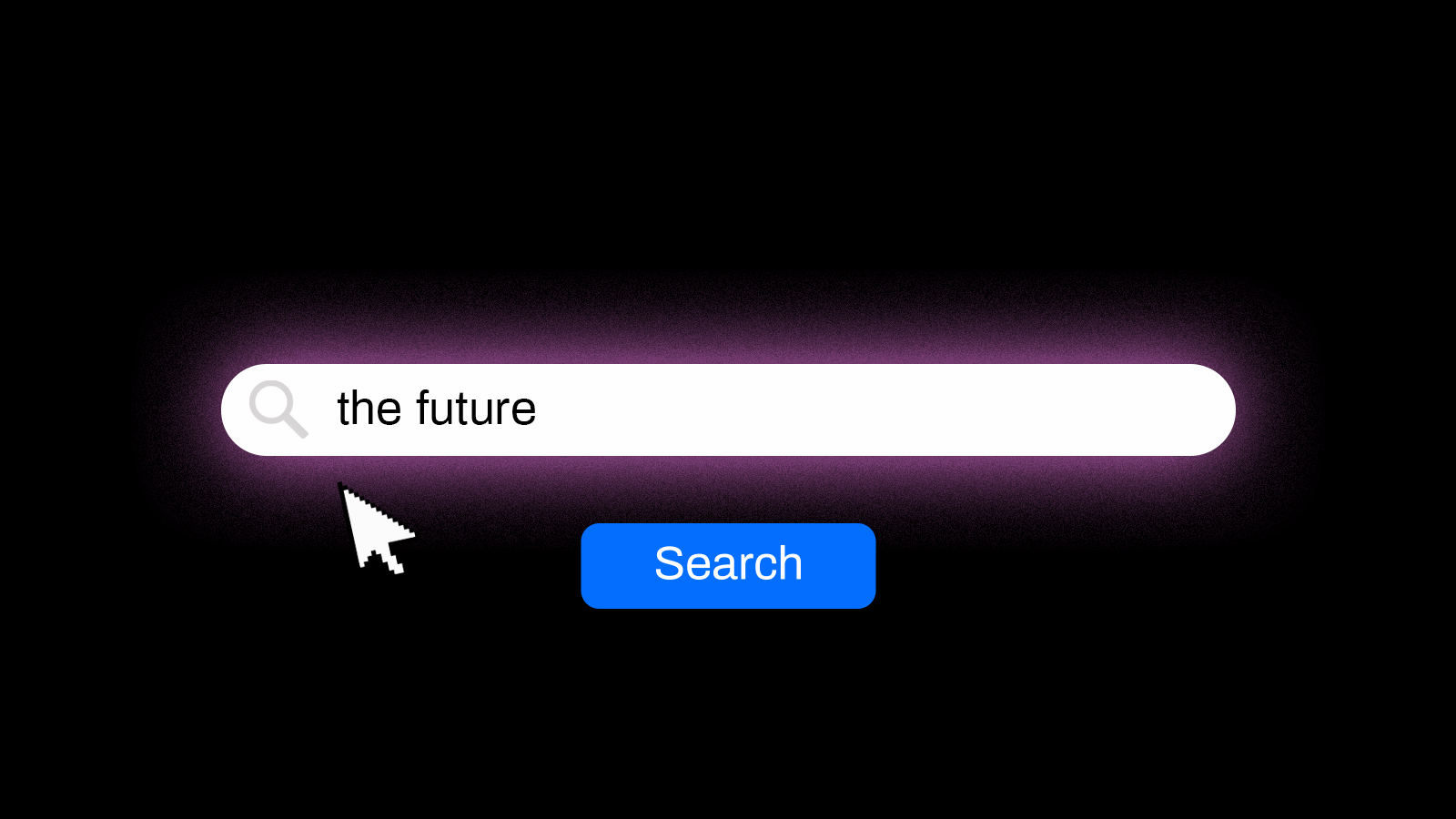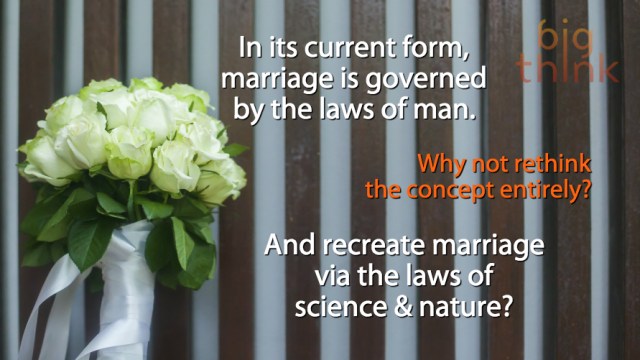Can Google Remain the Willy Wonka of Innovation as Alphabet?

Alphabet has just become the biggest company in tech that no one had ever heard of, until this week, when Larry Page, the former CEO of Google, made the announcement. At one point, you may have known this company under a more familiar name — does Google ring any bells?
G now stands for Google, just one of the many, many companies under the Alphabet umbrella. Think of it as a holding company, of which Larry Page is now the CEO. It all sounds quite strange, but that’s what Google is about: strange — sorry, I mean Alphabet, that’s what Alphabet is all about.

When Google first came on the scene, it revolutionized the way we searched. I don’t know if all of you remember the days of Alta Vista or Yahoo search, but those were tough times. Then Google exceeded expectations and grew. It started doing other things: creating maps and a mobile platform, and investing in companies big and small, like YouTube and Nest. And it’s continuing to reinvent through starting projects, like making a self-driving car. It was the equivalent of the Willy Wonka factory — wild ideas made real. Scary at times and also wonderful.
Google isn’t that wonderland anymore; it’s Google and Sundar Pichai is its CEO. So, then what does Google actually do? Well, it’s a slimmer, more well-oiled machine, concentrating on bettering search, ads, Chrome, Maps, apps, YouTube, and Android. There’s still a lot going on within Google, but the glucose-sensing contact lens in development now falls under Life Sciences, which is under the conglomerate — excuse me — I mean, under the collection of companies that Alphabet holds.

The move all comes down to good business, which sounds quite boring, but it may mean more wild ideas being funded. From the investing side of things, it makes the collection of companies under Alphabet seem more organized. The creation of a conglomerate for such a hodge-podge of ideas and companies is reminiscent of what Warren E. Buffett did when he put everything from underwear to railroads under Berkshire Hathaway. It’s a move Page has admired, and perhaps foreshadowed in an interview with Richard Waters from Financial Times.
“There is no model for the kind of company Google wants to become, says Page. But if there’s a single person who represents many of the qualities he thinks will be needed for the task ahead, then it’s famed investor Warren Buffett.”
Investors didn’t like that Google was getting away from what it was good at (in terms of making money). In creating Alphabet, it allows Page and other people at the top to make bigger bets on small projects they believe in without its failures being so public (e.g., Google Buzz).
Page wrote:
“We’ve long believed that over time companies tend to get comfortable doing the same thing, just making incremental changes. But in the technology industry, where revolutionary ideas drive the next big growth areas, you need to be a bit uncomfortable to stay relevant.”
Photo Credit: JUAN MABROMATA / Getty Staff




